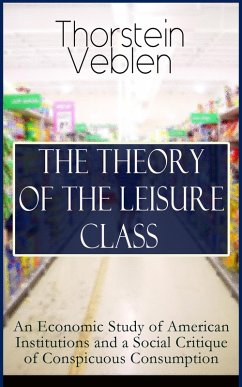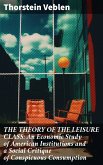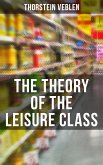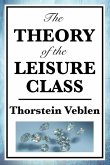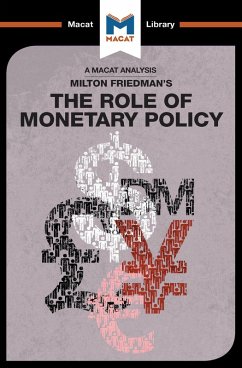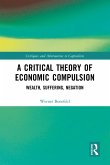This carefully crafted ebook: "THE THEORY OF THE LEISURE CLASS: An Economic Study of American Institutions and a Social Critique of Conspicuous Consumption" is formatted for your eReader with a functional and detailed table of contents. The Theory of the Leisure Class is criticism of capitalism. Conspicuous consumption, along with "conspicuous leisure," is performed to demonstrate wealth or mark social status. The book is a treatise on economics and a detailed, social critique of conspicuous consumption, as a function of social class and of consumerism, derived from the social stratification of people and the division of labour, which are the social institutions of the feudal period (9th - 15th centuries) that have continued to the modern era. The book presents the evolutionary development of human institutions (social and economic) that shape society, such as how the citizens earn their livelihoods, wherein technology and the industrial arts are the creative forces of economic production. The sociology and economics applied by Veblen show the dynamic, intellectual influences of Charles Darwin, Karl Marx, Adam Smith, and Herbert Spencer; thus, his theories of socio-economics emphasize evolution and development as characteristics of human institutions. Thorstein Veblen (1857-1929) was an American economist and sociologist. He is well known as a witty critic of capitalism. Within the history of economic thought, Veblen is considered the leader of the institutional economics movement. Veblen's distinction between "institutions" and "technology" is still called the Veblenian dichotomy by contemporary economists.
Dieser Download kann aus rechtlichen Gründen nur mit Rechnungsadresse in A, B, BG, CY, CZ, D, DK, EW, E, FIN, F, GR, H, IRL, I, LT, L, LR, M, NL, PL, P, R, S, SLO, SK ausgeliefert werden.

